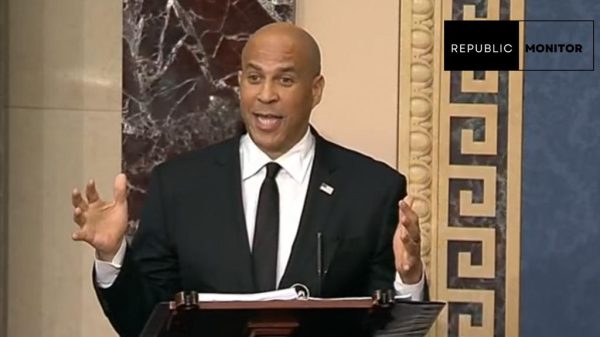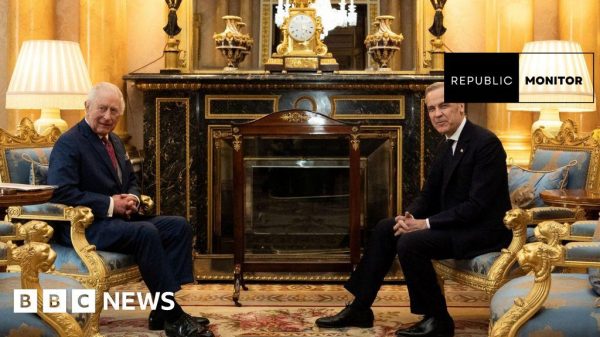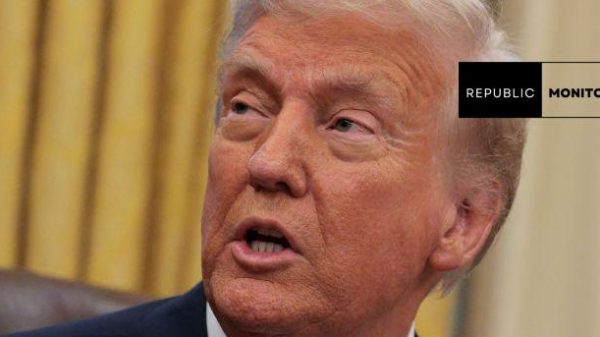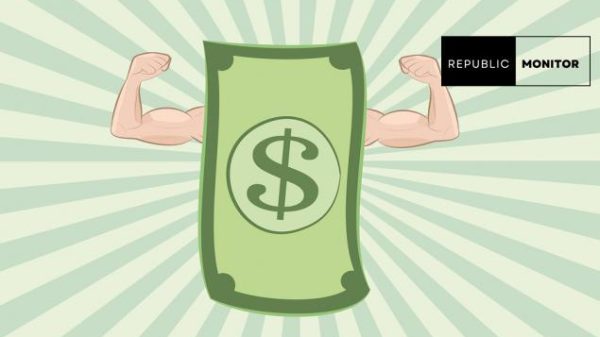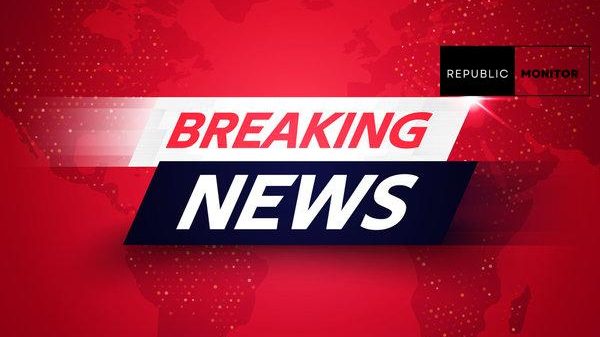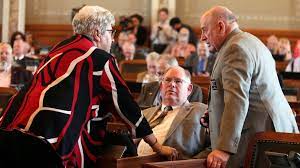As the 2024 legislative session unfolds in Kansas, the fate of the GOP’s flat income tax rate plan hangs in the balance. In a surprising turn of events, the bill, which initially gained momentum, has encountered obstacles in the House, leaving many Kansans wondering about the prospects of tax cuts this year. In this update, we explore the current status of the Kansas GOP flat tax bill and what it means for the state’s residents.

House Republicans’ Flat Tax Bill for Kansas Fails: What Will Happen to Tax Cuts in 2024?
Background: Kansas Republicans’ Flat Tax Plan
At the commencement of the legislative session, Kansas Republicans swiftly advanced their flat income tax rate plan. The proposal aimed to simplify the state’s tax structure by implementing a flat rate, potentially offering tax cuts for some residents. However, the trajectory of the bill took an unexpected turn as it faced scrutiny and challenges in the House.
Stalemate in the House: Delays and Uncertainties
Despite the initial enthusiasm surrounding the flat tax bill, House Republicans opted to delay its progression, leading to speculation and uncertainties. The legislative process, which began with a sense of urgency, encountered unexpected roadblocks as lawmakers deliberated on the intricacies of the proposed tax changes.
Governor’s Perspective: Democratic Governor’s Stance
Kansas Governor, a Democrat, expressed reservations about the GOP’s flat tax plan, emphasizing the need for a balanced approach to tax policy. While acknowledging the desire for tax relief, the Governor underscored the importance of evaluating the plan’s potential impact on state revenue and essential public services. This divergence in perspectives has contributed to the current legislative impasse.
Public Reaction and Expectations
As Kansans observe the unfolding developments, there is a palpable sense of anticipation and curiosity regarding the outcome of the flat tax bill. Public opinion varies, with some expressing support for tax cuts, while others emphasize the significance of maintaining adequate funding for essential services.
What’s Next: Possible Scenarios
The fate of the flat tax bill remains uncertain, with multiple scenarios playing out in the coming weeks. Lawmakers may revisit and revise the proposal, addressing concerns raised during House deliberations. Alternatively, discussions on alternative tax policies and compromises could emerge, shaping the state’s fiscal landscape.
Impact on Taxpayers: Navigating the Uncertainty
For Kansas residents eager for potential tax cuts, the current legislative developments introduce a level of uncertainty. Navigating this landscape requires vigilance and staying informed about evolving tax policies. As the legislative process continues, taxpayers should remain engaged in understanding the implications for their financial well-being.
Conclusion: A Dynamic Landscape for Kansas Tax Policy
The twists and turns in the journey of the GOP flat tax bill underscore the dynamic nature of state-level tax policy. As legislators grapple with competing priorities and considerations, Kansans await clarity on the prospects of tax cuts in 2024. The evolving narrative reflects the intricate balance between fiscal responsibility and meeting the diverse needs of the state’s residents.

